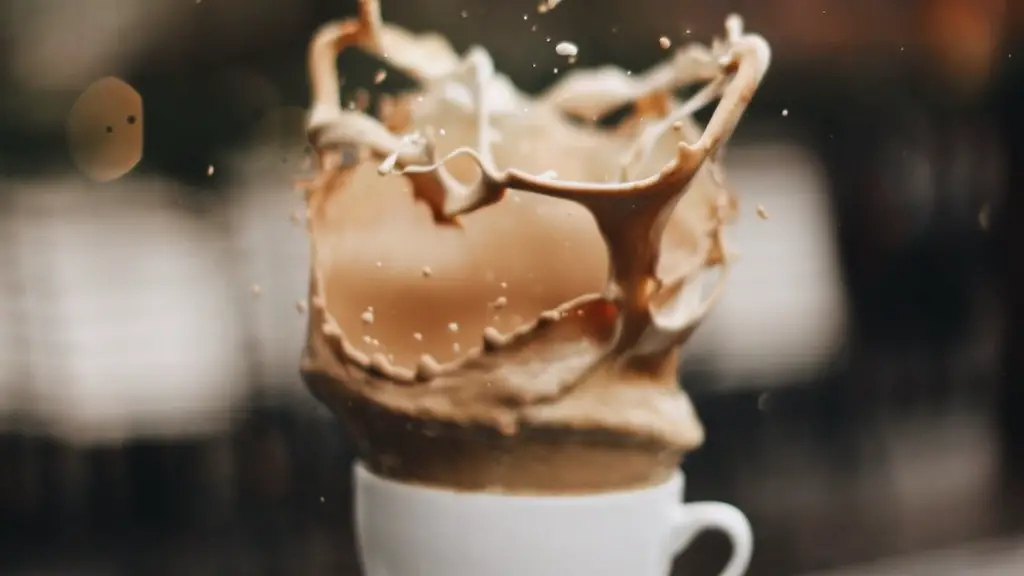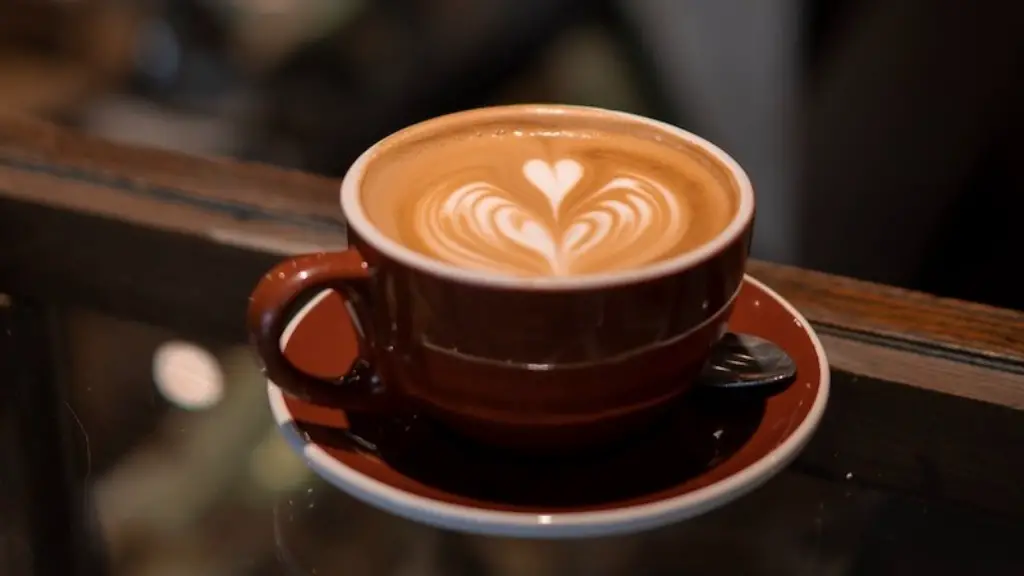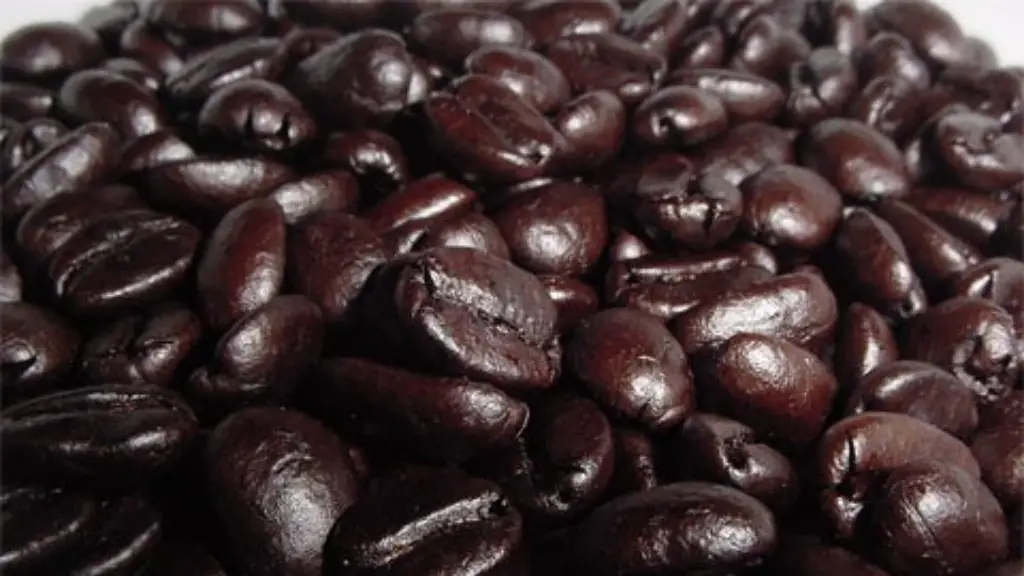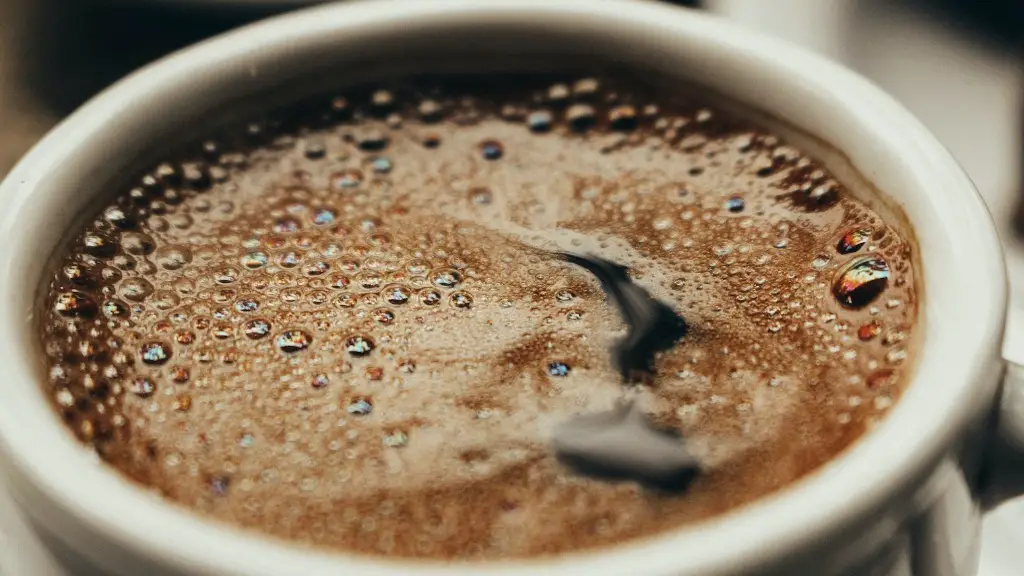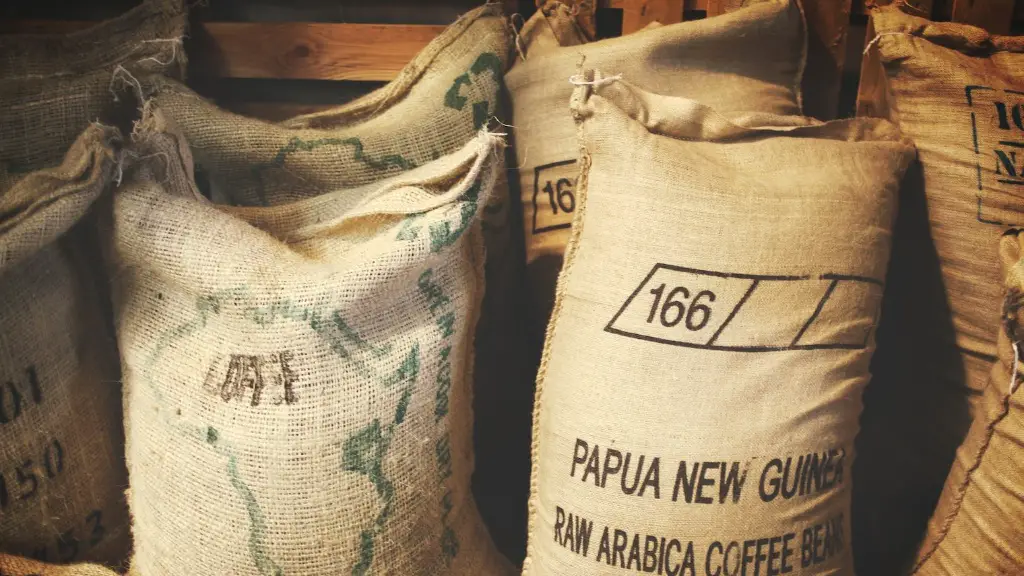The Rise of Tea and Coffee
In today’s fast-paced society, convenience is the name of the game. Everywhere you look, there are signs alerting you to the latest coffee or tea shop, offering up refreshing, energy-filled drinks ready for consumption. So, when it comes to the question of which beverage is the most popular- tea or coffee- the answer is not so simple.
Coffee, as we know it, was first popularized in the 16th century during the Ottoman Empire. The drink was made with water and an infusion of either roasted or crushed coffee beans- and it quickly gained international traction. Today, some studies place the number of coffee drinkers at up to 80% of adults in the United States alone- yet, in the face of these popular statistics, the amount of people drinking tea is slowly but surely on the rise.
Tea’s origins are said to begin in 2737 B.C. with the Shennong Ben Cao Jing, one of the oldest documented works of traditional Chinese herbal medicine. The book describes a medicinal concoction brewed from boiled leaves- widely believed to be the earliest known reference to tea. It wasn’t until 1606 that the drink made it’s way to the western world, by way of the Dutch East India Company. Tea first arrived in America in the early 17th century, and didn’t reach mainstream popularity until the 19th century.
The uniqueness of tea has prompted an explosion in popularity, due largely to its health benefits. Tea contains catechins- powerful antioxidants that can help with immune function and male fertility, to name just a few. Neuroscientist Laura Juliano even believes that tea can provide “calming effects, which can be beneficial for psychological well-being”. Tea boasts plenty of other health benefits, like improved heart health, better cholesterol levels, weight loss, and reduced risk of stroke.
While coffee has its own benefits, like boosting physical endurance and metabolism, the ever-growing emphasis on wellness has tea lovers everywhere hopping up for their cup. A national survey conducted by market researchers Harris Interactive placed tea’s share of Americans’ hot drinks at 40%, compared to 56% for coffee- higher than ever before.
It is evident from these studies that both tea and coffee are immensely popular amongst adults, but how does that translate to market share? According to the National Coffee Association, the United States of America is the world’s largest consumer of coffee, and in 2019, 81% of US adults reported drinking coffee on a regular basis- that’s a 7% increase since 2017.
As of 2018, the total tea market this reached 50.2 billion US dollars worldwide. According to Markets and Markets.com, the tea market is projected to reach 79.45 billion dollars by 2027. Market trends present a picture of immense growth and opportunity for the overall category, with black tea dominating as the preferred flavor.
But for many tea drinkers, it’s about more than just flavor or health benefits. Tea is a ritual. It’s a way to celebrate, commiserate and to take time out of one’s day and appreciate the present moment.
The Tea vs. Coffee Debate
So, when it comes to the age-old question of tea or coffee, there is no clear answer. For some, tea is the go-to morning beverage. For others, coffee is the only option. The debate amongst millennials often centers around which one is healthier, with many studies lending weight to both sides.
The bottom line is that both beverages offer certain health benefits, it ultimately comes down to personal preference. While the health benefits of both beverages are important to consider, the beauty of tea and coffee is the experience that neither can quite replicate. For many, the taste, texture, and aroma of each are what make them unique.
Impact of Tea and Coffee
Tea and coffee consumption can have a positive or negative impact on many aspects of life. One of the shocking facts is that millions of farmers and plantation workers are faced with tough working conditions and unfair wages in order to make a day’s living growing coffee beans or picking tea leaves. Over the past few years, efforts have been made to make sure that coffee and tea farmers around the world get paid a fair wage for their labor.
From environmental pollution due to the packaging of single-use coffee/tea pods to the social inequalities as a result of the industry’s exploitative wages, there are many questions and concerns to consider before getting your next cup. Coffee and tea can be enjoyed- just make sure to support responsible sourcing, so that everyone along the supply chain is taken care of.
Cultural Representations of Tea and Coffee
Within society, coffee and tea are far more than just mere beverages. They are represented in almost every culture, making appearances throughout art and literature. From Alice In Wonderland’s Mad Hatter’s Tea Party to the all-American coffee break, each drink has become a beloved part of popular culture.
Tea can be seen as a representation of cultures and nations everywhere. In some countries, the tea ceremony is a way to show respect and appreciation. In the United States, many coffee shops are increasingly becoming the spot to gather with friends and work remotely. The coffee shop has become a place of respite and connection- which is ultimately the importance of tea and coffee- not just the taste, but the memories and traditions that go along with it.
Tea and Coffee Drinker Preferences
Despite the similarities between them, tea and coffee are incredibly different. Those same factors can sometimes make it difficult to judge whether someone is a tea drinker or a coffee drinker- so what’s the difference?
Coffee drinkers typically enjoy the intense flavors of the bean- from dark and intense Italian roasts to light and fruity coffees. Generally, coffee drinkers are attracted to the richer, more distinctive flavor of a coffee bean. On the other hand, tea drinkers tend to enjoy the subtle but complex flavors of different kinds of teas- from a calming chamomile to a revitalizing green tea.
Despite their differences, both coffee and tea are appreciated throughout the world for their unique flavor profiles and every-growing health benefits. While researchers may be able to identify a definitive answer to the question of tea or coffee, the truth is that each person’s preference is entirely individual.
Conclusion
Whether you’re looking for the perfect cup of tea to start the day or grab a shot of espresso to get your heart racing, one thing is certain- tea and coffee have a special place in cultures all over the world. Whether its being used in holistic remedies or taking a break with friends, its undeniable that tea and coffee are here to stay.
